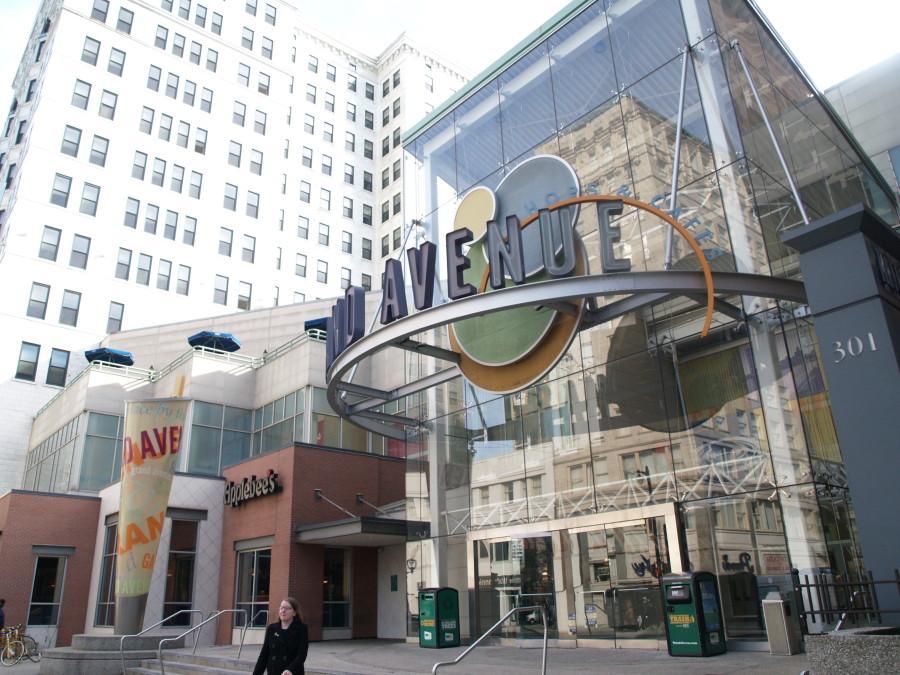An agreement Marquette has with Bank of America raises questions about privacy and transparency for university alumni.
Through an affinity agreement, as it is often called, Marquette provides Bank of America with alumni contact information — phone numbers, home addresses and e-mail addresses — and in turn, the bank informs graduates of the opportunity to sign up for a credit card bearing Marquette’s logo.
With the contact information, Bank of America sends mailings to Marquette alumni. Some may choose to sign up for the credit card, others may simply ignore the mailer and some may want to opt out of future credit card mailings, which they can do by placing a call to the alumni association.
This agreement and release of contact information may not bother many or most alumni, but it is still a concern. Some recently graduated students have expressed qualms about their information being released to Bank of America without their consent.
And in this case, a concern to some is enough for Marquette to take proper steps to make alumni aware of the agreement and give them a clear way to opt out of the bank’s mailing, if they so choose. Alumni should have a say in how the university uses their personal information. If they aren’t comfortable with Marquette giving their personal information to the bank, they should have the opportunity to request the university refrain from doing so.
Marquette should send alumni a primary notification or mailer, asking permission to release their contact information to Bank of America.
At a minimum, Marquette should first alert alumni of the agreement’s terms and of the pending letter they will likely receive from the bank. Perhaps this could be done in the form of a separate mailer directly after graduation.
This message will still allow those alumni who are interested in the credit card to receive the mailing from Bank of America. It will also allow those alumni who wish to have their name removed from the mailing list to do just that.
Marquette needs to take into consideration not just the majority, but also the whole. Even if just a few alumni are nervous about the release of the information, it is enough of a concern for the university to consider another procedure.
The affinity agreement acts as a benefit to alumni and is not a significant source of income for the university, according to Tim Olsen, communication manager for the Office of Marketing and Communication.
Marquette obtains $1 for every credit card opened that remains open for at least 90 days thereafter, $1 for each annual fee payment and half a percent of purchases made on each card. Bank of America will pay the university a minimum of $825,000 by the end of the five-year contract.
Because the agreement doesn’t pose a significant potential loss of income, Marquette should make efforts to provide transparency and options to alumni, before contact information is released.
We commend Marquette for not releasing undergraduate students’ personal information to banks, but more should be done to consider alumni concerns.
An initial message from the alumni association or the university to the graduating class, which allows alumni to opt out of the university’s release of contact information to Bank of America, will likely settle the anxiety felt by some alumni.



